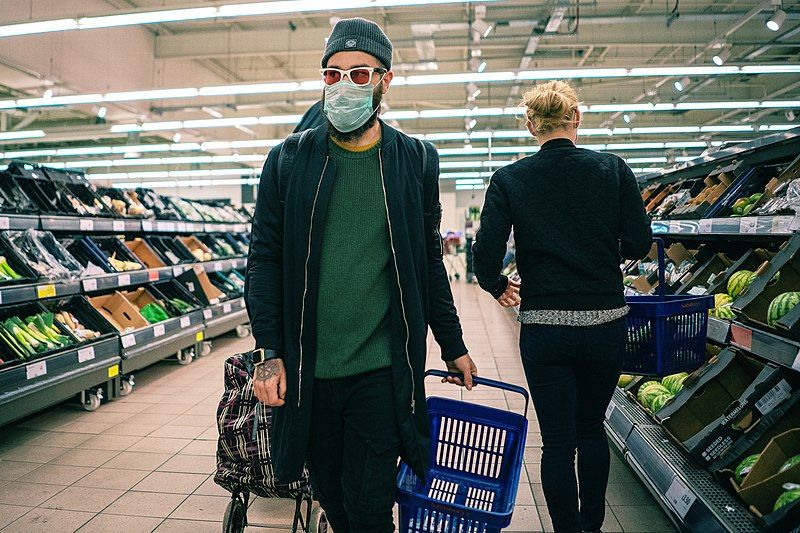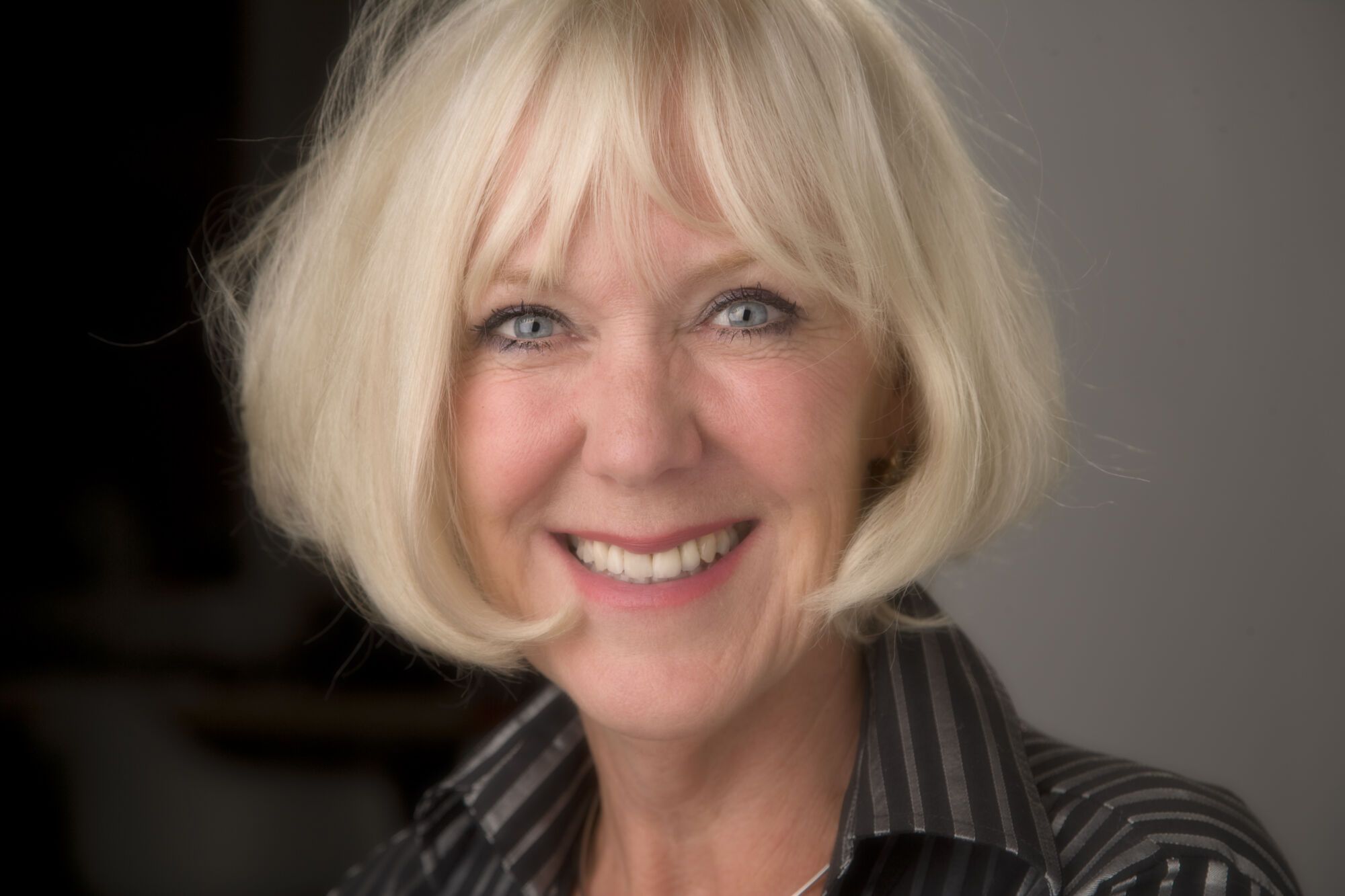The State Serum Institute (SSI) has rejected reports that the coronavirus infection was airborne after several US authorities predicted otherwise.
In the previous week, several US media outlets reported that the country’s health authorities had drastically revised guidelines on how the virus is transmitted.
The Center for Disease Control and Prevention (CDC), however, withdrew new COVID-19 guidelines just days later.
READ ALSO: Recovered COVID-19 patients remain susceptible to contracting infection: study
WHO changes opinion
Confusing reports emerged from various health authorities after the World Health Organization (WHO) revised its view on the transmission of the virus.
In July, the global health body rejected the likelihood of the virus being airborne. However, COVID-19 hotspots such as restaurants, gyms and choir rehearsals indicate that airborne infection might still be a possibility.
The change came about after 239 researchers signed a statement urging authorities to assess possible means of virus transmission.
READ ALSO: Report: Danes more sceptical about coronavirus direction
“Narrow perception”
Meanwhile, the debate about whether the virus is airborne continues in Denmark.
Elsebeth Tvenstrup Jensen, chief physician at SSI, told Videnskab.dk that the government has a “narrow perception” in deeming a disease ‘airborne’.
Jensen further said that COVID-19 may spread via aerosols under certain circumstances. For example, when placing a patient on a ventilator.














